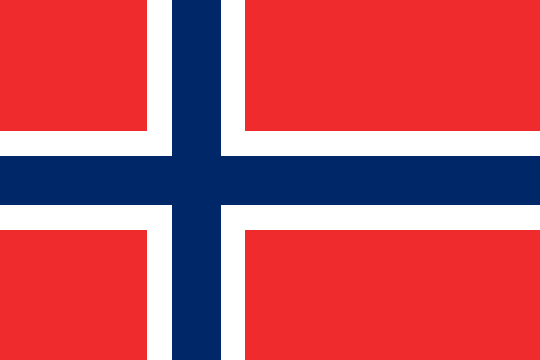 CodeRefinery workshop
CodeRefinery workshop
Date: 22 - 31 March 2022
Timezone: Amsterdam
Course goals
In this course, you will become familiar with tools and best practices
for scientific software development. We don't teach programming, but we teach the tools you need to do programming well and avoid common inefficiency traps.
The tools we teach are practically a requirement for any scientist that has to do their own programming. The main focus is on using Git for efficiently writing and maintaining research
software.
Format
This is an informal and interactive event with type-along lessons, live coding, and exercises. Learners are divided into exercise teams for interactivity - register with a friend! If you feel a bit more confident in the material, you can register as an exercise leader.
The workshop will be held online, see options at how to joining.
Everyone watches the main teaching via a livestream at https://twitch.tv/coderefinery. If you register, you can get emails and link to ask questions.
You can also register to attend Zoom breakout rooms (limited places). Please only register for Zoom if you want to actively take part in the exercises; we will arrange participants into small interactive breakout rooms.
Some partners offer in-person breakout rooms and help, see below.
Before signing up please also read this privacy note about tools/services we use.
Partners
These partners offer local support, such as breakout rooms, to their
local groups. Become a partner to support
your community!
- Aalto University: Local in-person breakout room, possibility of credit points to those in Finland (info to registered participants, register on the main form as "livestream only" to attend the in-person room).
- TU Delft: PhD candidates can receive graduate school credits. (TU Delft registration)
Other CodeRefinery partners include ENCCS (SE), CSC (FI), DeiC (DK), UNINETT Sigma2 (NO), SNIC (SE), Type 1 Consortium for Interactive HPC (DK), and USIT, UiO (NO).
Credits
CodeRefinery is not currently planning on offering certificates to this workshop. However, certain partners may, see above.
Schedule
All times are in Europe/Stockholm time (CET/CEST). (Convert 9:00 to
your timezone: first week, second week - note that Europe summer time starts between the weeks) The schedule includes frequent breaks.
Exercise leader onboarding
- March 16 (Wednesday) 12:00 - 13:00 CET (timezone converter)
- March 17 (Thursday) 12:00 - 13:00 CET (timezone converter)
Installation help and verification times (drop in)
- March 16 (Wednesday) 13:00 - 14:00 CET (timezone converter)
- March 17 (Thursday) 13:00 - 14:00 CET (timezone converter)
Day 1 (Tuesday, March 22)
- 8:50 - 9:00 connecting time, icebreaker
- 9:00 - 9:20 Welcome and practical information
(TBA)
- 9:20 - 12:30 Introduction to version control - part 1/2
(TBA)
Day 2 (Wednesday, March 23)
- 8:50 - 9:00 connecting time, icebreaker
- 9:00 - 12:30 Introduction to version control - part 2/2
(TBA)
Day 3 (Thursday, March 24)
- 8:50 - 9:00 connecting time, icebreaker
- 9:00 - 12:30 Collaborative distributed version control
(TBA)
Day 4 (Tuesday, March 29)
- 8:50 - 9:00 connecting time, icebreaker
- 9:00 - 9:15 Mini-intro
(TBA)
- 9:00 - 11:15 Reproducible research and FAIR data
(TBA)
- 11:15 - 12:30 Social coding and open software
(TBA)
Day 5 (Wednesday, March 30)
- 8:50 - 9:00 connecting time, icebreaker
- 9:00 - 10:45 Jupyter
(TBA)
- 10:45 - 12:30 Documentation
(TBA)
Day 6 (Thursday, March 31)
- 8:50 - 9:00 connecting time, icebreaker
- 9:00 - 10:45 Software testing
(TBA)
- 11:00 - 12:15 Modular code development
(TBA)
- 12:15 - 12:30 Concluding remarks and where to go from here
(TBA)
Contact
Coordinators
- Radovan Bast
Host
- Radovan Bast
Instructors and expert helpers
- Radovan Bast
- TBA
Exercise leaders :heart:
- TBA
Contact: [email protected]
Keywords: Version control, FAIR, Reproducible Research, open source, Jupyter notebook, documentation, Software testing
Organizer: CodeRefinery
Event types:
- Workshops and courses
Scientific topics: Software engineering
Activity log

 Sweden
Sweden
 Denmark
Denmark
 Finland
Finland
 Netherlands
Netherlands
 Norway
Norway
